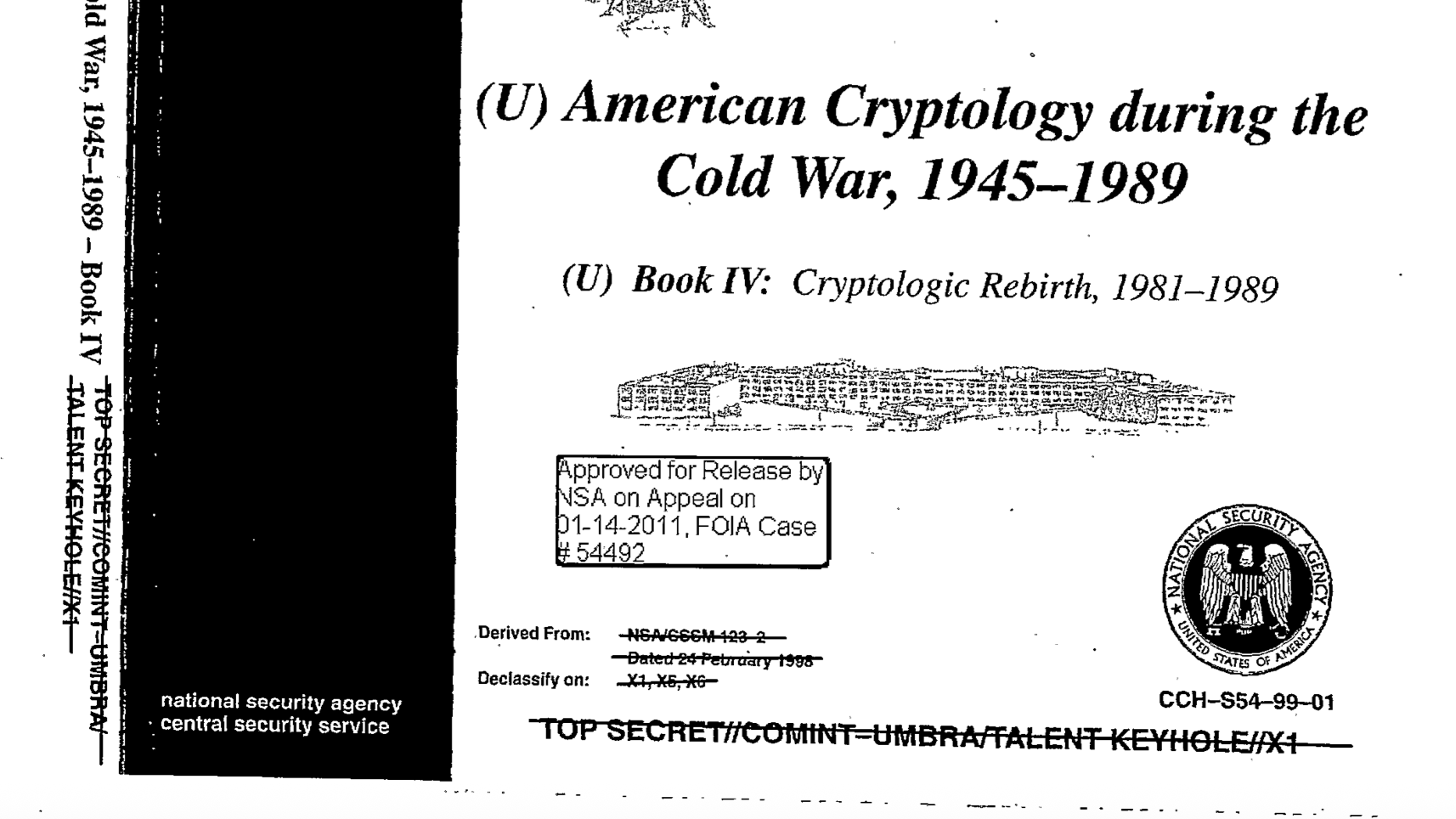Dear Friend of Press Freedom,
I’m Lauren Harper, the first Daniel Ellsberg chair on government secrecy at Freedom of the Press Foundation (FPF), and welcome to “The Classifieds.” Read on to learn about this week’s top secrecy news.
The Epstein Files Transparency Act is now law. DOJ might still sit on most records.
The bipartisan Epstein Files Transparency Act is now law, but it’s not guaranteed all of the files will see the light of day or be released unredacted. The overall good bill has two loopholes that the Department of Justice could exploit to hide information.
- It allows classified national security information to be withheld (although it does require the attorney general to publish an unclassified summary of withheld classified records).
- It allows information whose release could jeopardize active federal investigations to be withheld.
These sound like reasonable exceptions, but agencies regularly overclassify information. Challenging those decisions is difficult, in part because there is no precise definition of what constitutes damage to national security. Moreover, the ultimate classification/declassification authority in the United States is the president, not Congress, which could complicate the release of files that might concern President Donald Trump directly.
It’s still commendable that Congress has passed what might be the most consequential declassification bill since the President John F. Kennedy Assassination Records Collection Act of 1992, and it shows that the legislature can be encouraged to take on declassification issues with enough sustained public pressure.
If the Justice Department doesn’t meaningfully comply with the law, Congress should consider additional classification fixes, including reintroducing a bill that would, among other things, create consequences for federal employees who willfully classify information that should not be classified.
State Department hides how close we came to nuclear war
In November 1983 a NATO nuclear exercise named Able Archer 83 brought the world close to the brink of Armageddon. A declassified National Security Agency document describes the war game, which was so realistic that some Soviets believed the West was truly preparing for war, as “the most dangerous Soviet-American confrontation since the Cuban Missile Crisis.”
Nate Jones, the Freedom of Information Act director at The Washington Post, has used FOIA to uncover the secret history of the war scare for years. He has published hundreds of declassified pages on the website of the National Security Archive, a nonprofit where we both used to work and where Jones remains a fellow.
In an unprecedented move, the State Department recently said that a FOIA lawsuit brought by Jones and the National Security Archive was the reason it deleted 15 key pages on the war scare from the Foreign Relations of the United States series. This is significant because FRUS is the world’s largest transparency project, and its accuracy is critical for informing current and future policymakers.
This is the first time the State Department is known to have deleted previously public records from the publication, but it might not be the last.
Earlier this year, President Trump dissolved the department’s congressionally mandated historical advisory committee, which is supposed to be staffed by independent historians to ensure the FRUS is accurate. The dissolution of the committee could pave the way for Trump to appoint loyalists to the committee, raising concerns that more history may be deleted, and that future FRUS volumes will contain incomplete narratives.
FPF on NPR
This week I joined the American Immigration Council’s Raul Pinto, journalist Jose Olivares, and the Muslim Legal Fund of America’s Marium Uddin on NPR’s “1A” program to discuss growing secrecy across the Department of Homeland Security’s immigration efforts. Topics included the agency’s aggressive targeting of foreign journalists, its ongoing efforts to stymie congressional oversight, and how the private prisons loophole helps the agency evade FOIA requests.
At the same time this segment aired, the AP published a report on Border Patrol’s rapidly expanding secret surveillance network. Based partially on FOIA requests, the investigative work of Garance Burke and Byron Tau shows how DHS has effectively become a domestic spying agency.
No newsletter on Nov. 30
I’ll be taking a break from writing the newsletter next week, but I’ll be back on Dec. 7.
What I'm Reading
US federal workers would lose whistleblower safeguards under Trump rule
The Trump administration is close to finalizing a rule that would end whistleblower protections for senior agency officials, and make it easier for those officials to be fired. The government’s human resources agency, the Office of Personnel Management, estimates this rule change will impact 50,000 positions.
DHS kept Chicago police records for months in violation of domestic espionage rules
A public records request filed by Spencer Reynolds, senior counsel at the Brennan Center for Justice, revealed that the Department of Homeland Security obtained Chicago police data on hundreds of Chicagoans accused of gang ties. Released records show that Chicago police listed “people’s occupations as ‘SCUM BAG,’ ‘TURD,’ or simply ‘BLACK.’” DHS kept the bias-ridden data even after a court ordered them to delete it.
Judge rules Flock surveillance images are public records that can be requested by anyone
A judge in Washington state ruled that police images taken by Flock surveillance cameras are public records under the state’s public records law. Local officials tried to argue that the records belonged to Flock, a private company, but the court disagreed, noting that the images were paid for by taxpayers for government purposes and were “so broad and indiscriminate” that they must be subject to public disclosure.
Transparently yours,
Lauren Harper
Daniel Ellsberg Chair on Government Secrecy
Freedom of the Press Foundation





